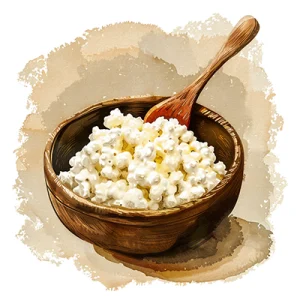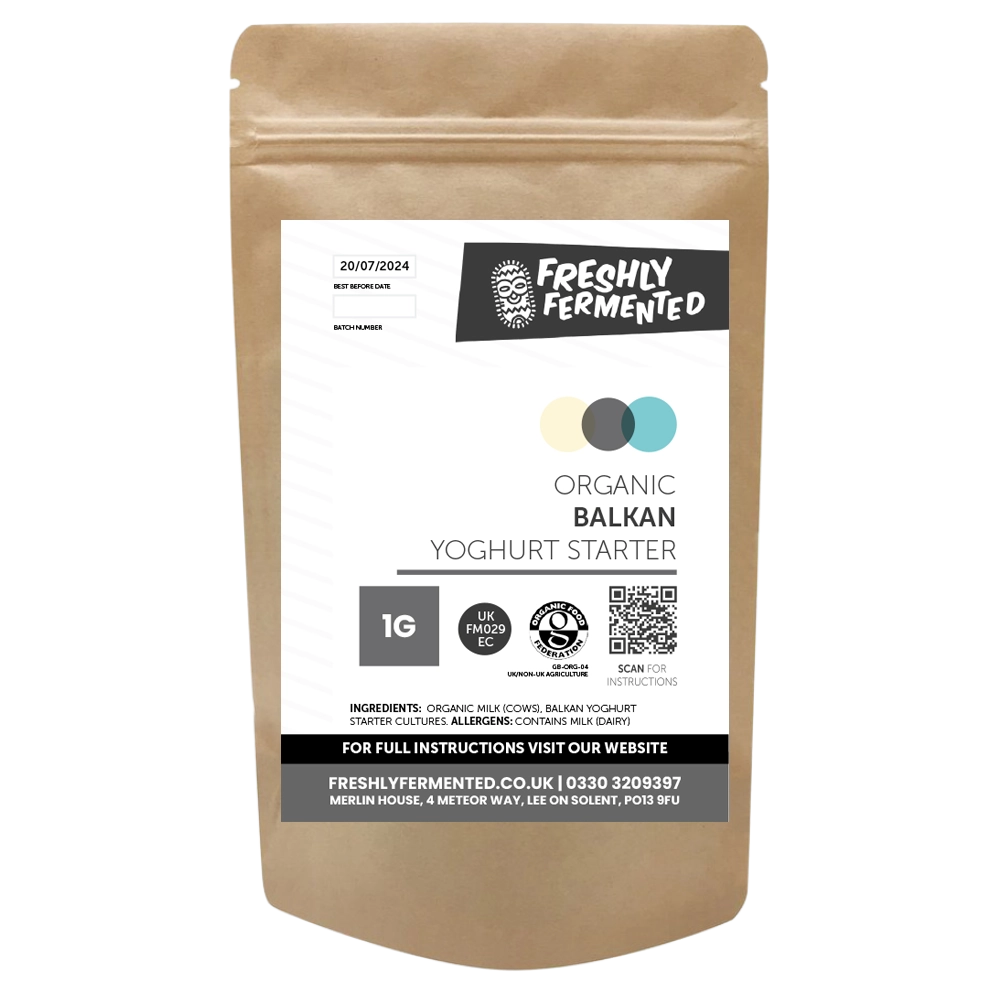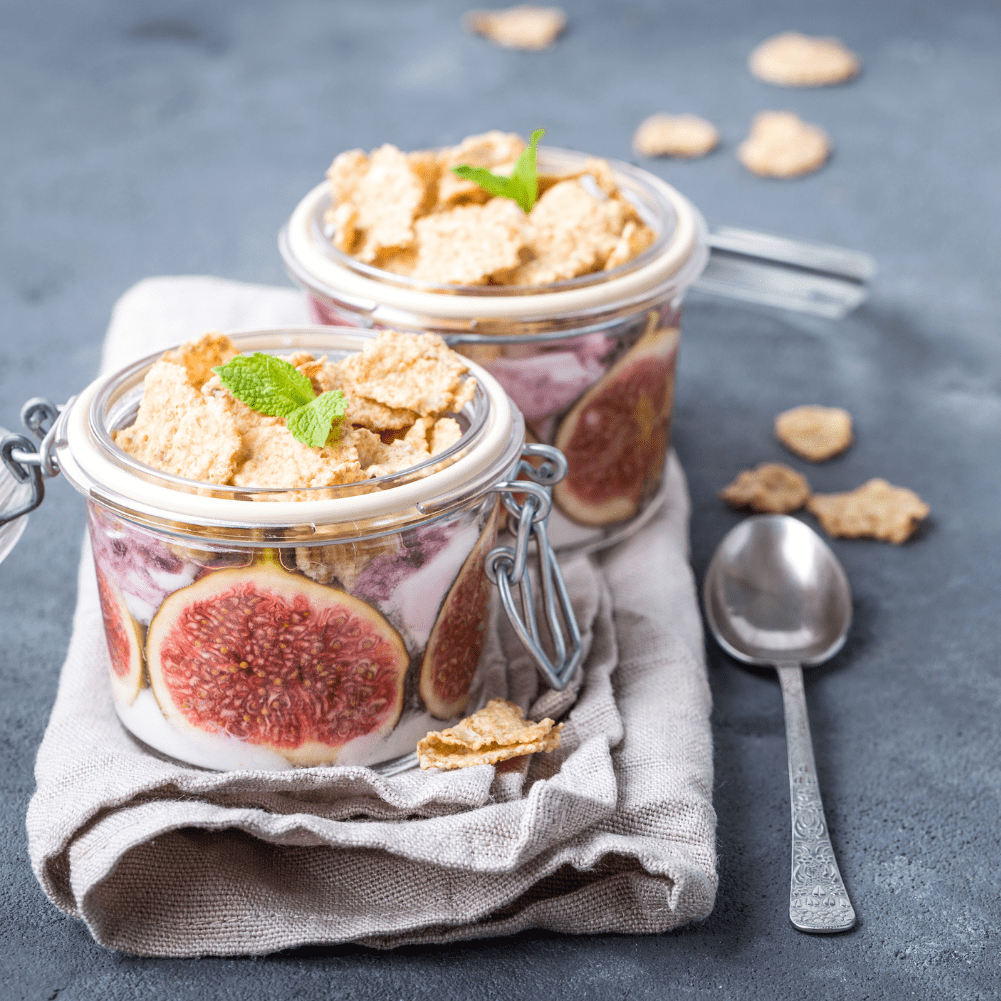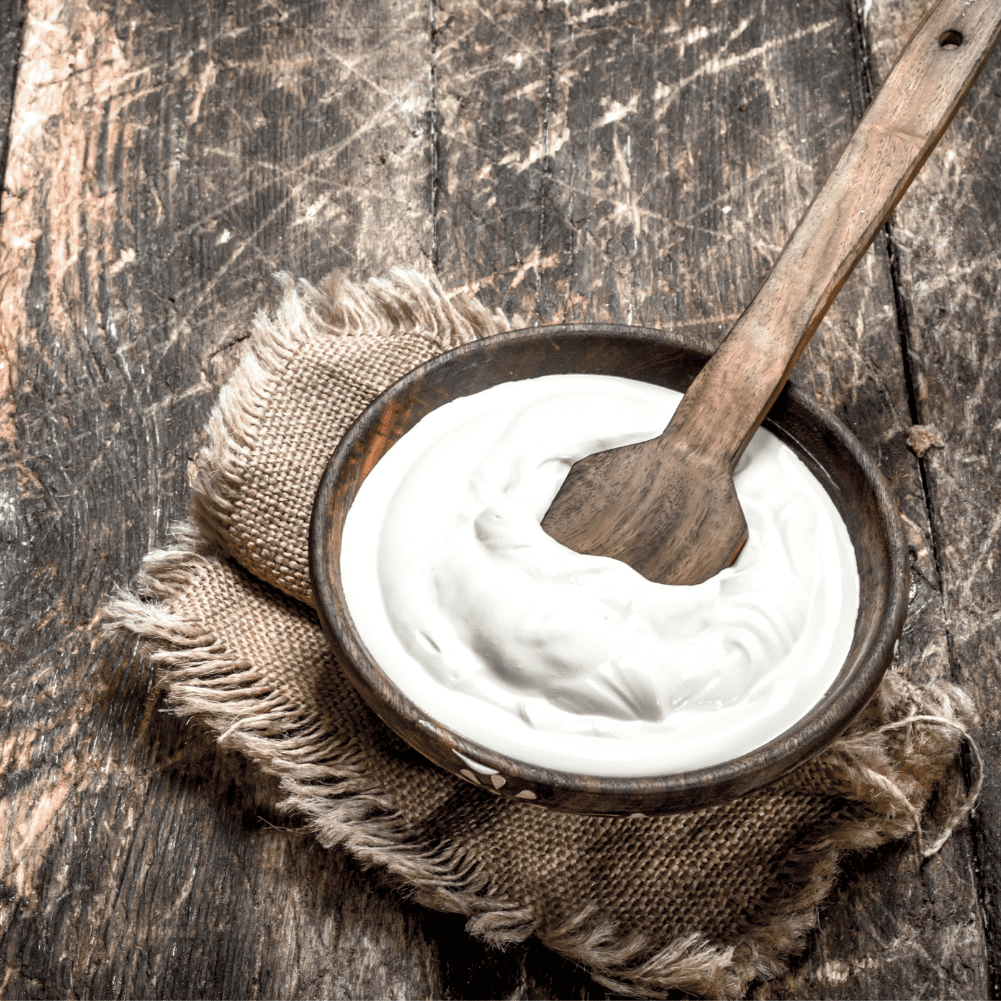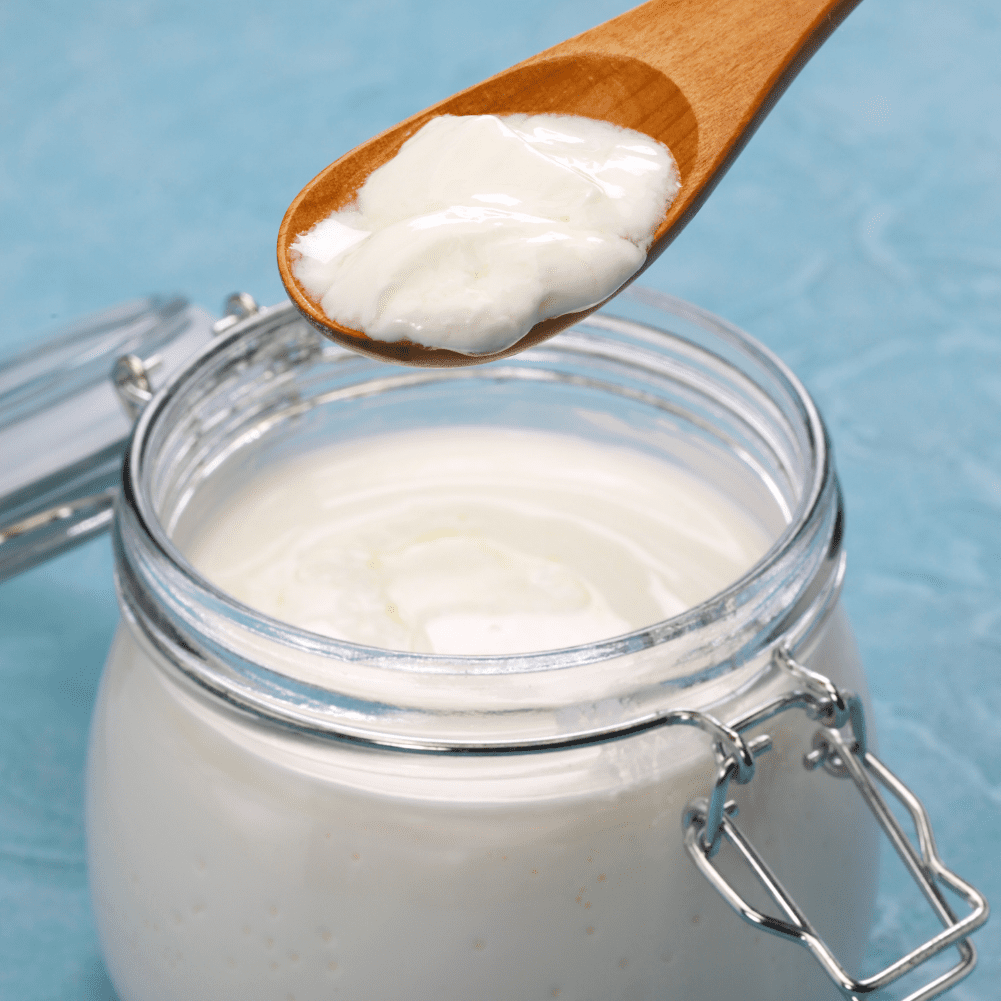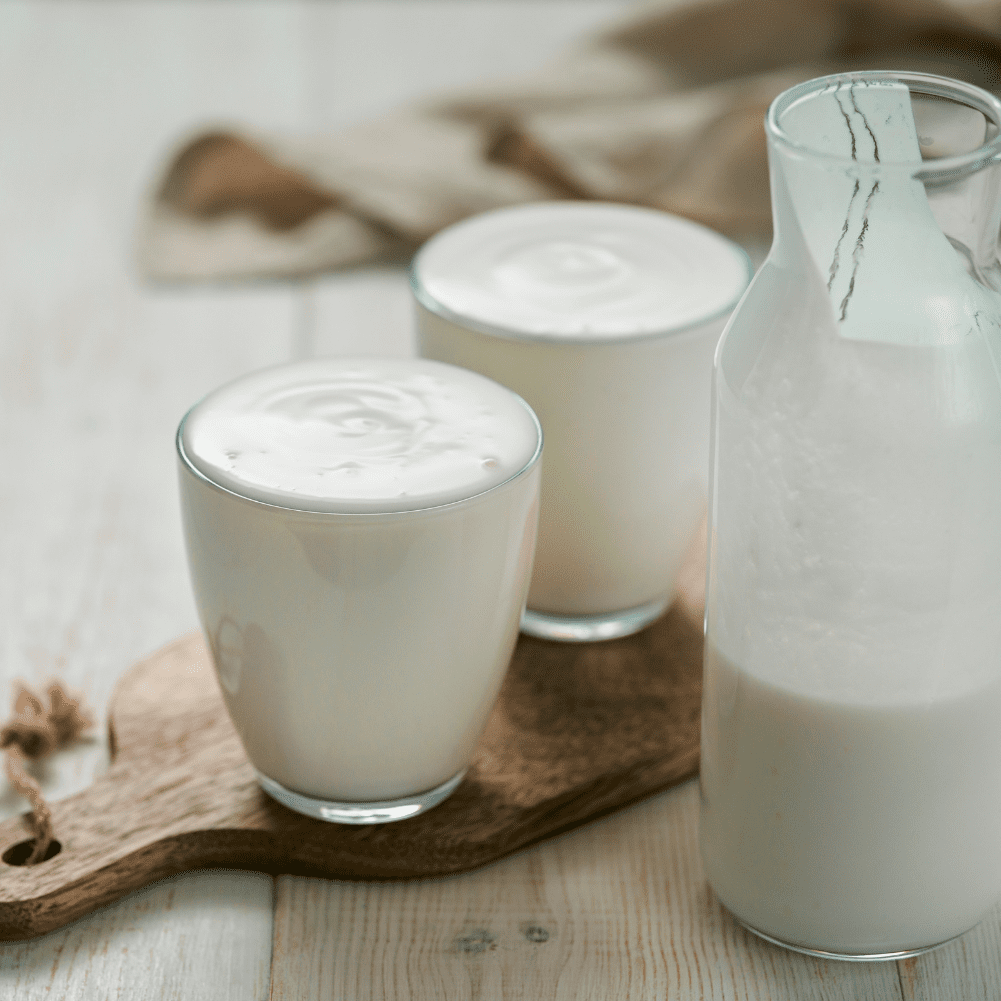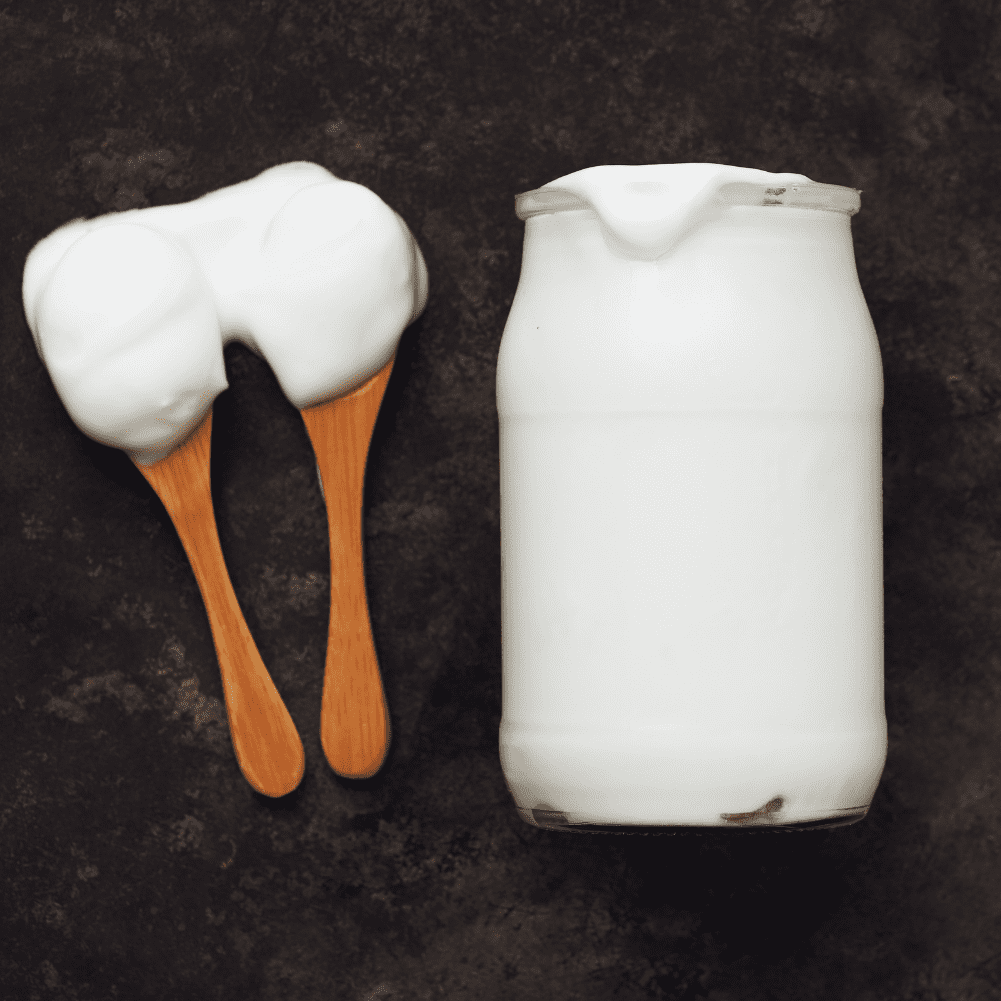- 🌿 ORGANIC CERTIFIED PRODUCTS
- 🔬 UKAS LAB TESTED CULTURES
- ⭐ 5 STAR HYGIENE RATED FOOD PREMISE
- ✅ LIFETIME CUSTOMER SUPPORT
- 🏷️ LOYALTY DISCOUNTS
- 🆓 FREE UK SHIPPING OVER £50
- 🚚 TRACKED UK SHIPPING FROM JUST £3
- 🌎 WORLDWIDE SHIPPING
- 📦 SUSTAINABLE ETHICAL PACKAGING
Organic Balkan Yoghurt Starter Culture
£10.00 Original price was: £10.00.£6.00Current price is: £6.00.
Organic Balkan Yoghurt Starter Culture
Organic Balkan Yoghurt Starter Culture is perfect for crafting traditional Balkan yogurt in small, artisanal batches rather than large-scale productions. Our organic starter culture yields a yogurt that boasts a slightly translucent appearance with a delightful thickness, characteristic of set-style yogurts.
Unlike its thicker Bulgarian counterpart, Balkan yogurt maintains a firm texture that holds well on a spoon. Set-style yogurt is favored both in homemade kitchens and commercial settings for its even thickening and robust consistency. It’s particularly well-suited for Indian recipes, curries, and sauces.
This starter culture contains a blend of Lactobacillus bulgaricus and Streptococcus thermophilus bacteria, essential for its thermophilic nature, which requires a yogurt maker for reliable results.
Medical Benefits of Organic Balkan Yoghurt Starter Culture
Several studies have highlighted potential health benefits associated with the consumption of Balkan yogurt and its starter cultures:
- Digestive Health: Research suggests that Lactobacillus bulgaricus and Streptococcus thermophilus, common in Balkan yogurt, may improve digestive health by maintaining gut flora balance and potentially alleviating symptoms of lactose intolerance. Studies have shown beneficial effects on gastrointestinal symptoms and lactose digestion. (Source: Hütt et al., 2017; Zeng et al., 2016)
- Immune System Support: Probiotics such as Lactobacillus bulgaricus and Streptococcus thermophilus found in Balkan yogurt may support immune function through modulation of gut-associated lymphoid tissue and enhancing mucosal barrier function. (Source: Salminen et al., 1999; Ouwehand et al., 2002)
- Nutrient Absorption: Yogurt cultures have been shown to enhance the bioavailability of certain nutrients, such as calcium, and may contribute to improved bone health and overall nutritional status. (Source: Heaney et al., 1999; Rizzoli et al., 2014)
Conclusion
Organic Balkan Yoghurt Starter Culture offers not only a delicious yogurt-making experience but also potential health benefits supported by scientific research. Incorporate this culture into your homemade yogurt routine for a tasty and nutritious addition to your diet.
| Weight | 1 g |
|---|---|
| Ingredients | Organic Balkan yoghurt starter culture – 1g freeze dried sachet. |
| Shelf Life | 1 year. |
| Storage | Keep at room temperature out of direct sunlight. |
| Allergens | Contains milk (from cows). |
UNLOCK YOUR 10% DISCOUNT
Join our fermentation community! Subscribe for expert tips, recipes, exclusive offers, and a 10% discount on your first purchase. Start your journey today!
